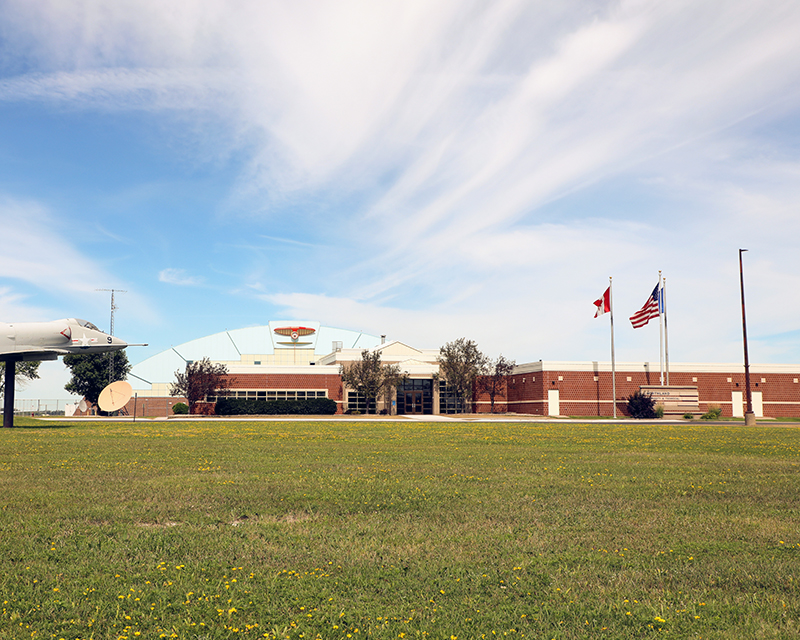
June 18, 2024
Northland Community & Technical College has been awarded a five-year, $7.3 million grant from the National Science Foundation’s (NSF) Advanced Technological Education program. This is Northland’s second consecutive NSF grant (DUE 2400926).
In 2019, the NSF funding helped establish the National Center for Autonomous Technologies (NCAT) at Northland’s Thief River Falls Aerospace site with a mission to educate and promote autonomous technologies throughout the United States. NCAT brings together long-standing NSF partner institutions, including the Marine Technology Society, the Center for Advanced Automotive Technology, the GeoTech Center, and the Minnesota State Transportation Center of Excellence.
The Federal Aviation Administration Collegiate Training Initiative (UAS CTI) has designated NCAT as the repository for content and curriculum for its 141 member colleges and universities. NCAT also partners with the Association for Uncrewed Vehicle Systems International on workforce research and will be a training provider for the Trusted Operator Program.
“Northland has driven innovation in autonomous technology education for many years,” said Jonathan Beck, NCAT Executive Director, Principal Investigator and Military Veteran. “These technologies are rapidly transforming the way we all live and work, and NCAT provides significant investments in the technical education required to sustain the United States as a leader in autonomous technologies.”
This latest multi-million dollar grant will fund NCAT’s continuing effort to define the knowledge, skills and abilities (KSA) autonomous vehicle technicians need to serve the growing industry. In 2023, NCAT published the “Recommended CORE KSA Standards for Autonomous Systems Technicians,” which outlines core competencies for technicians across air, land and sea that educational institutions can use to properly train students for multiple career pathways.
“Northland’s aviation technology programs — including uncrewed aerial systems (UAS) — is why we are recognized as a national leader in this emerging technology sector,” said Dr. Sandy Kiddoo, President of Northland. “With the explosive growth of autonomous technology across many diverse industries, including the Grand Sky project, we are delighted to receive another five-year NSF grant to continue our research and further define the skills needed.”
More about partners for NCAT:
The Marine Technology Society (MTS) promotes awareness, understanding, and the advancement and application of marine technology. Incorporated in 1963, the international society brings together businesses, institutions, professionals, academics, and students who are ocean engineers, technologists, policy makers, and educators.
The Center for Advanced Automotive Technology (CAAT): As a regional center with national impact on advanced automotive technology, CAAT partners with educational institutions and industry to drive the skills needed for the next generation of automotive technicians, engineering technologists, and designers.
The Minnesota State Transportation Center of Excellence (MNTCOE) drives workforce innovation through education and industry collaboration – and provides thought leadership on workforce development in the transportation industry.
The National Geospatial Technology Center of Excellence (GeoTech Center) is a collaborative effort between two-year colleges, universities, and industry to expand a well-qualified geospatial technology workforce. The Center has served as the national, unifying voice and support system for two-year colleges and is recognized by the U.S. Department of Labor as a leader in supporting geospatial technology education.